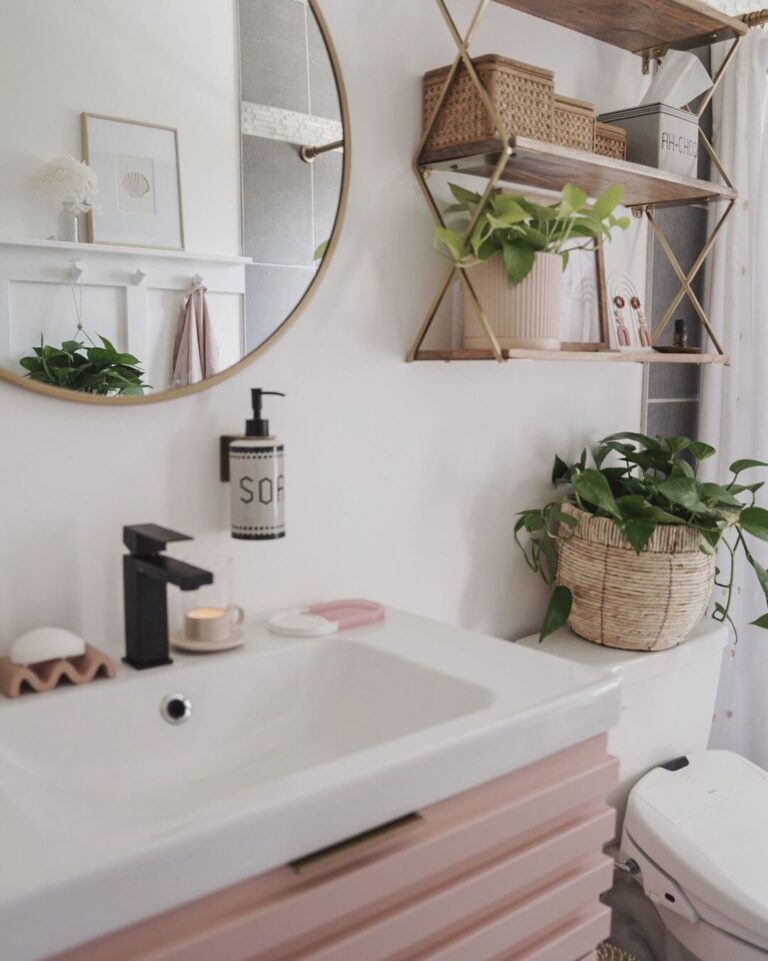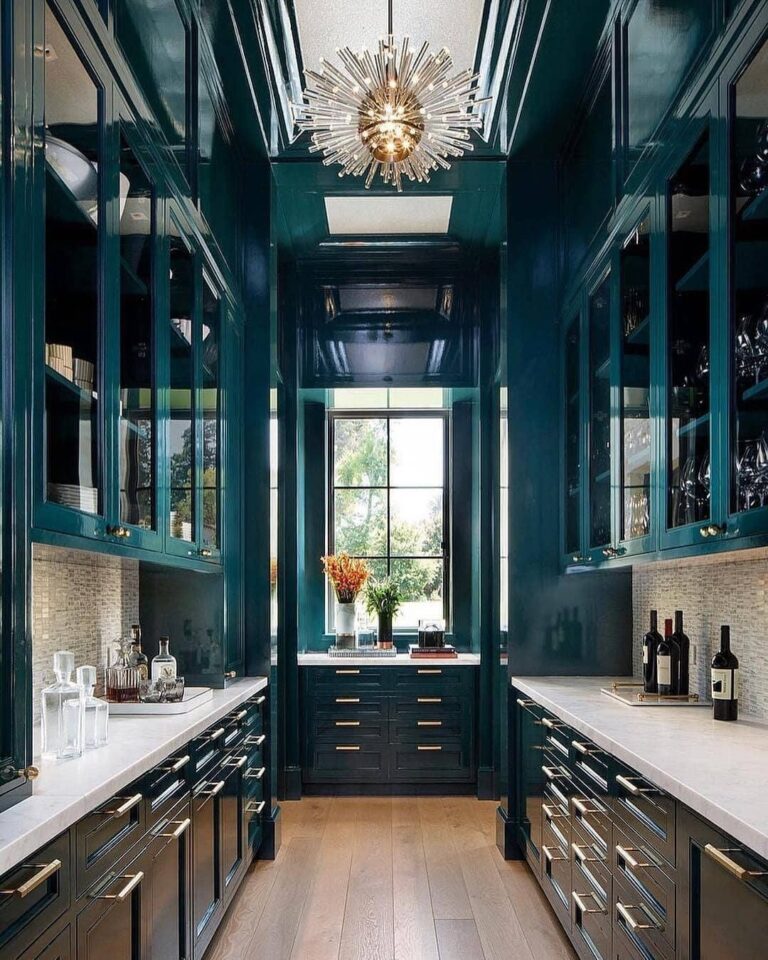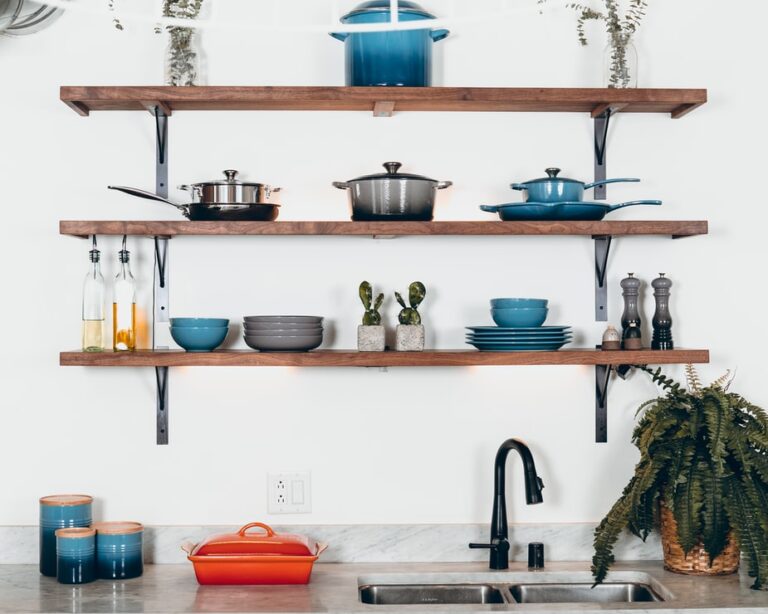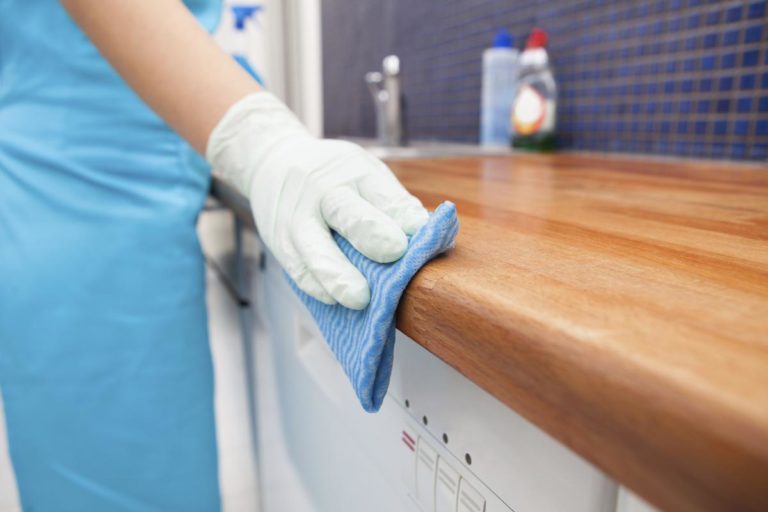Disadvantages of Not Installing a Residential Heat Recovery System
In any kind of extreme temperatures, multiple factors come into play in deciding whether a home can be considered healthy or not. Another concern that accompanies the potential health hazards is that of spending too much money on heating and cooling costs.
Let’s dive a bit deeper into the topic and identify the problems and importance of the heat recovery home ventilation systems in countering their effects.

How Heat and Moisture is the Main Problem in Winter
It may seem as if heat and moisture build-up is not something that should be a problem during the winter, but that’s a misconception. As a matter of fact, it’s the cold climate that creates the main issue with heat and moisture inside the house.
During the cold winter months, insulation provides the ideal indoor environment for preventing heat loss through cracks, gaps, and window glass. Unfortunately, the combination of the heat from boilers and the absence of fresh air is a bad one.
The cold climate outside makes sure that you cannot really open the windows either, since that will pretty much defeat the purpose of insulation, dropping the indoor temperature in minutes.
Due to this double dilemma, the comfortably warm indoors slowly turns into a moisture-filled hotbed for microbial and fungal growth. The air will smell terrible too after just a few days and it will not be healthy to breathe in for anybody.
How this Affects the Electricity Bill
In the absence of a ventilation system with heat recovery, the residents of the house must crack open the windows every once in a while to let the oxygen-depleted stale air out and fresh air come in.
Necessary and effective to a degree as this method might be, the fresh, but cold air will soon make the indoor environment too cold for comfort. The heating will have to come on multiple times and work harder to compensate for this gap in insulation.
Electricity bills in the UK skyrocket every year during the winter because heating consumes more electricity than anything else. As there is no heat recovery system to prevent excessive strain on the boiler, the bills will continue to go up.
How Heat Recovery Ventilation has Solved this Dilemma in Millions of UK Homes
Visit BPC Ventilation to know which one of the many different types and sizes of MVHR systems will be ideal for your home. If you invest in a top-end product, the heat recovery rates are pretty amazing. To get a basic understanding of how the MVHR systems work before you make a purchase, go through the following.
Known commonly as MVHR (mechanical ventilation heat recovery) systems, they reduce electricity bills and eliminate potential health hazards in two simple steps.
- The ventilation provides a constant flow of fresh air, preventing unhealthy, humid indoor conditions
- The heat recovery system constantly transfers heat from the stale indoor air to the incoming fresh air
This transfer of heat, facilitated by the heat recovery system means that the heating unit doesn’t really have to work as hard in order to warm the fresh, cold air anymore. This one step will reduce your power bills, rather than the indoor temperatures or the health of your family.
Images source








